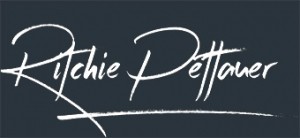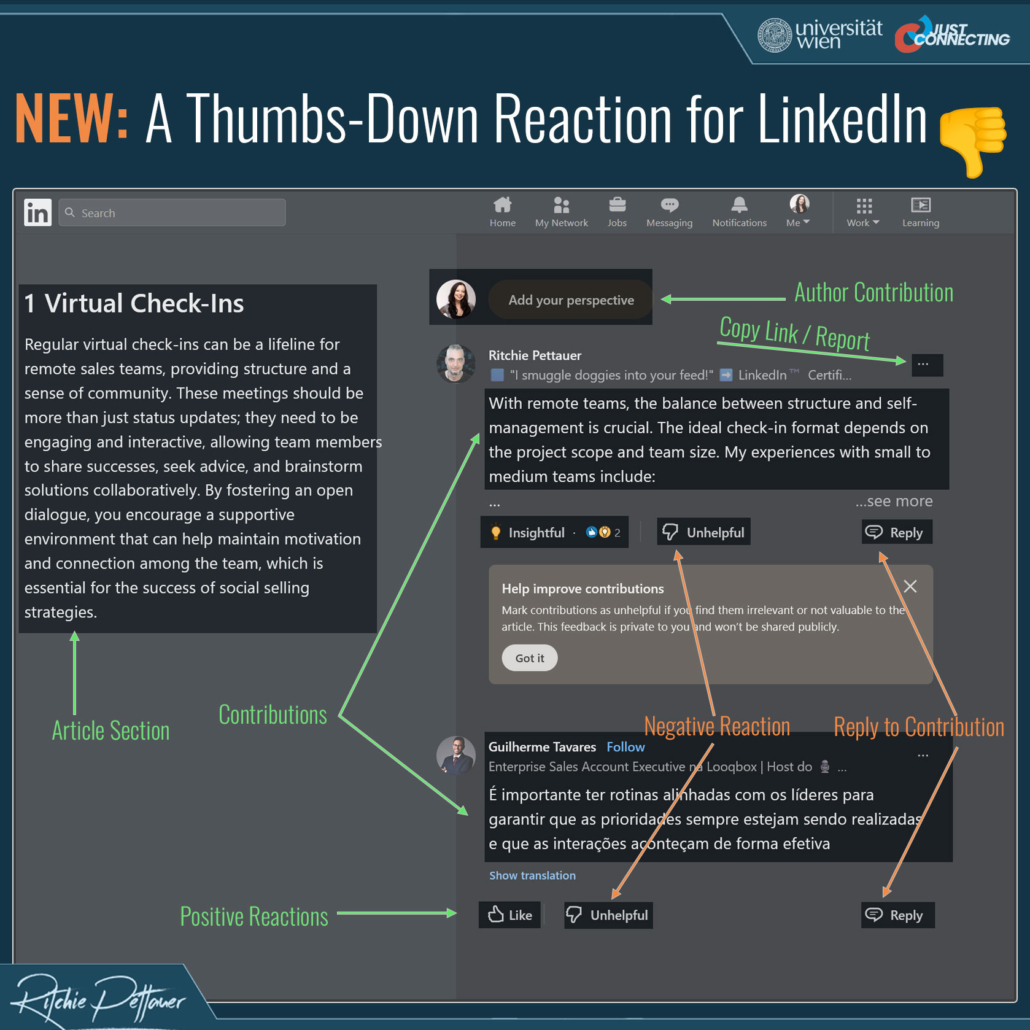Update for LinkedIn™’s Collaborative Articles: A Call for Quality Content
LinkedIn™’s recent enhancement to Collaborative Articles, including the introduction of a “downvote” function labeled as “unhelpful,” sparks an intriguing conversation about the nature of feedback in digital collaborations. These changes to LinkedIn™ Collaborative Articles (LCAs) promise a shift in how content is curated and perceived by professionals across the platform.
A New Dynamic in Content Interaction
LinkedIn™ has taken a significant step by allowing users to express disapproval through a new “unhelpful” reaction. This addition supplements the existing feedback mechanisms, reflecting a broader range of reader responses. The new feature aims to cultivate a content ecosystem where quality triumphs over quantity. LCAs are unique as they are not only visible to the LinkedIn™ community but also indexed by Google, making them widely accessible.
How to Become a Contributor
The entry barrier for contributing to LCAs is reasonably low, making it accessible for most active LinkedIn™ users. If you are considering becoming a contributor, here’s how you can get started:
- Maintain active engagement on LinkedIn™.
- Support and follow articles within your expertise domain.
- Showcase relevant skills on your profile.
These steps will likely enhance your visibility and access to the collaborative articles feature, where you can also engage by replying to other contributions—a new feature available exclusively to contributors.
Mixed Reactions and the Quest for Quality
The initial reception to LCAs has been mixed. Many users find the AI-generated starter articles somewhat generic, providing a weak foundation for meaningful discussion. However, the platform rewards impactful contributors with recognition, such as the “Community Top Voice Badge,” based on the number of positive interactions—a metric that will undoubtedly be influenced by the new downvote option.
While most contributions lean towards helpfulness, a small but notable fraction adopts a satirical tone, which surprisingly attracts considerable engagement. Whether the introduction of the “unhelpful” reaction will deter such contributions remains to be seen. The community’s feedback will play a crucial role in shaping this narrative.
Closing Thoughts
For those aiming to gain recognition through LCAs, prioritizing helpfulness might prove more beneficial than resorting to irony or satire. Ultimately, the quality of contributions will determine their reception, as the platform’s users hold the power to shape the discourse.
As we navigate these updates, it’s essential to focus on contributing valuable insights that foster professional growth and dialogue. Your participation and feedback are crucial in this evolving landscape.





